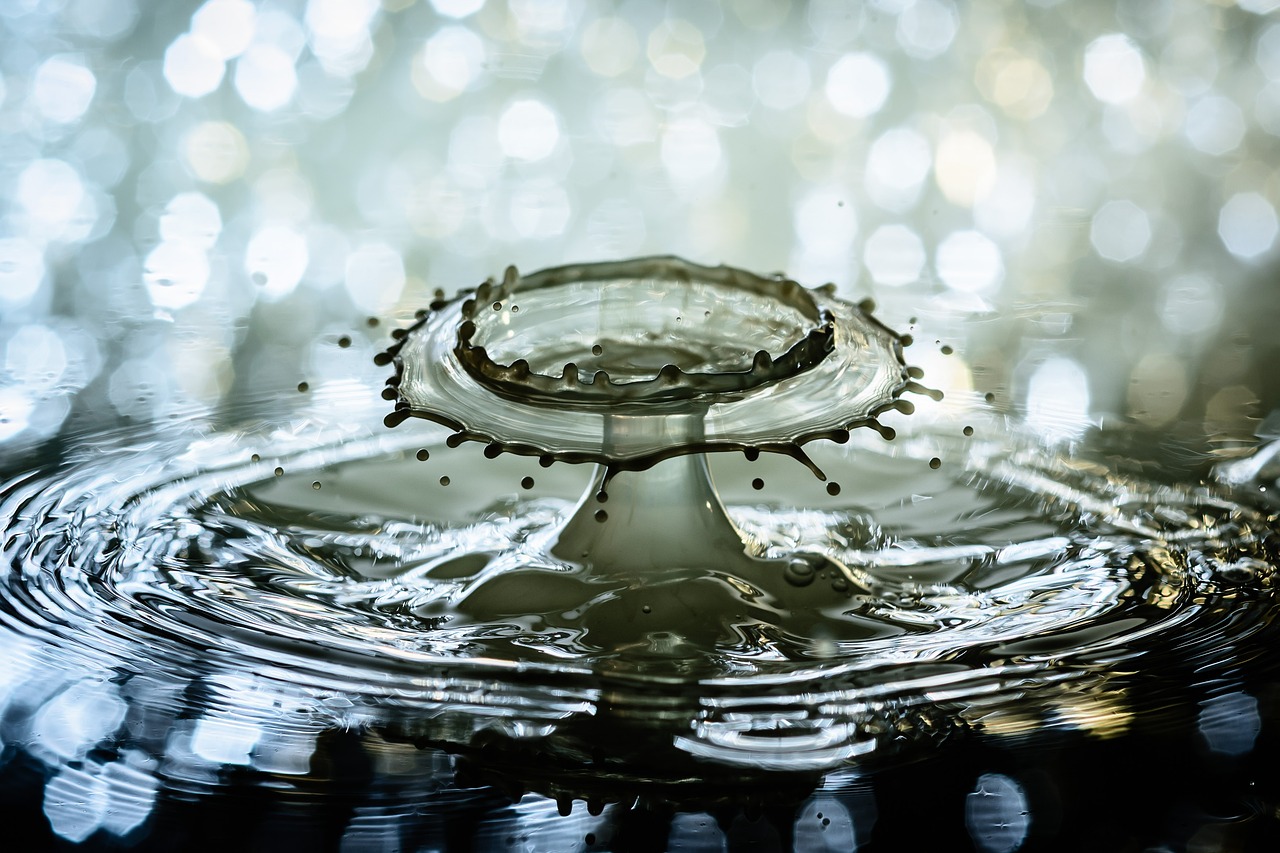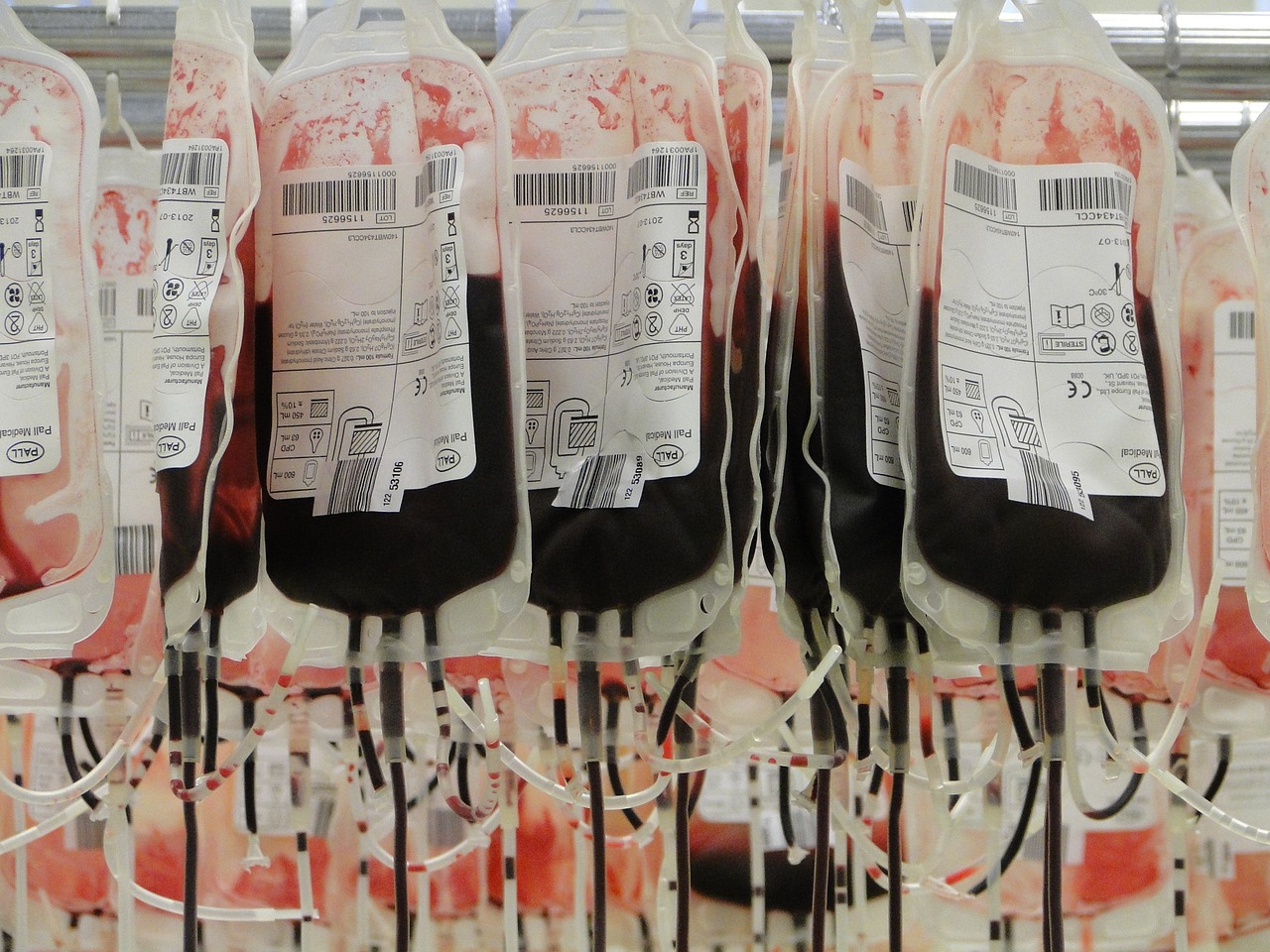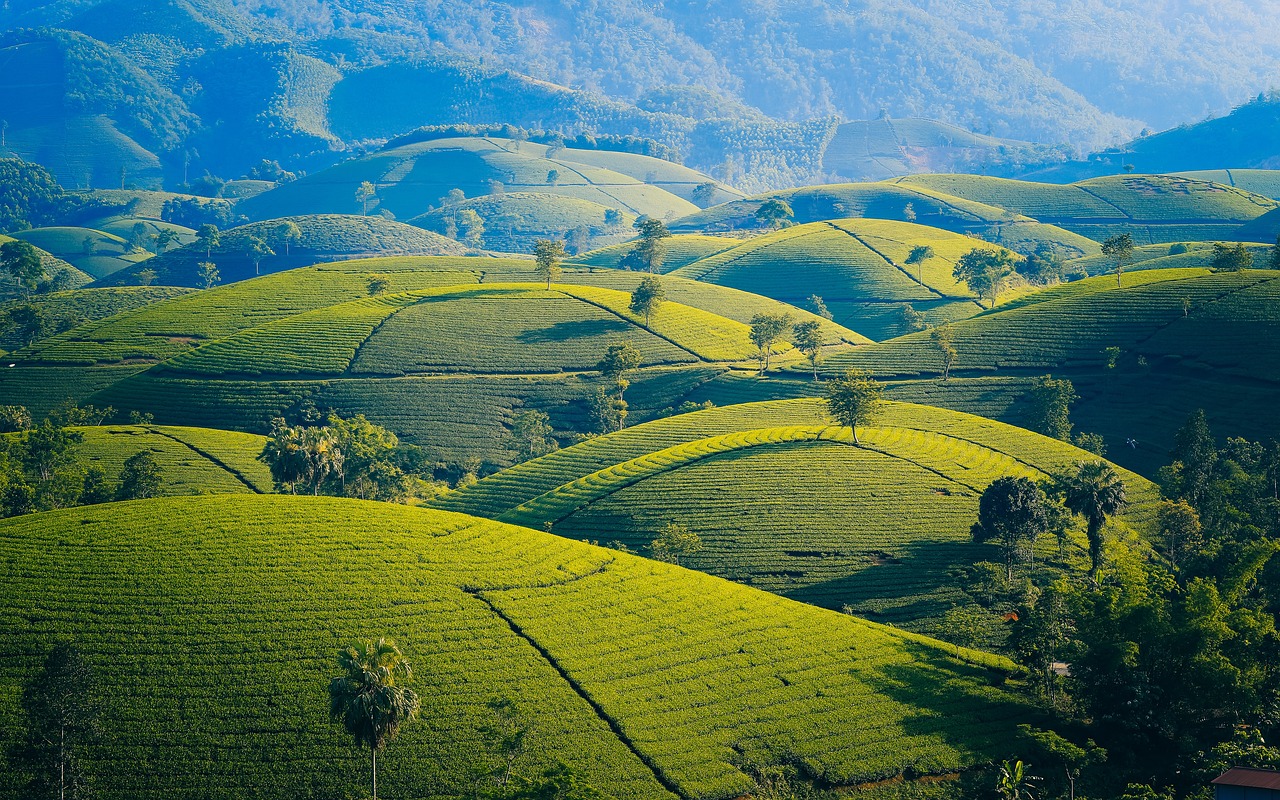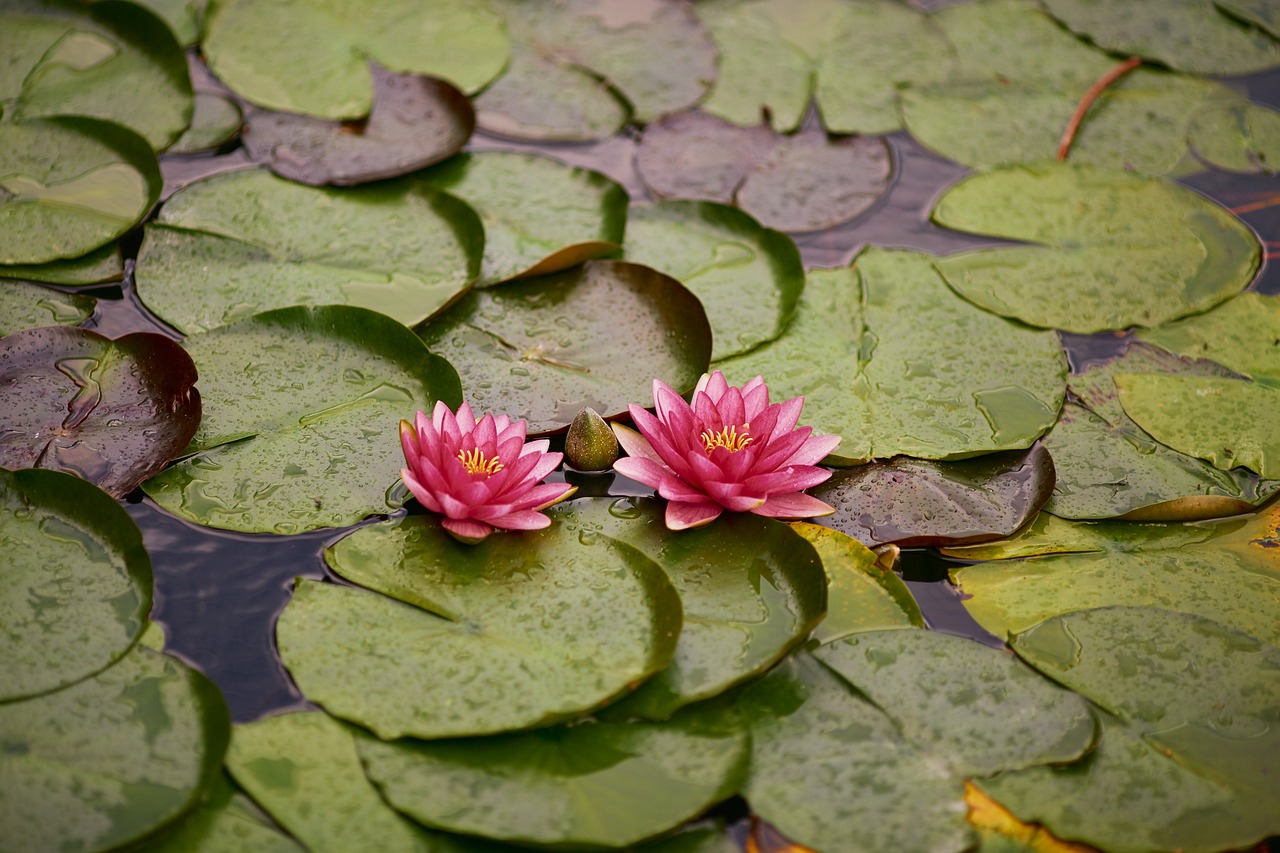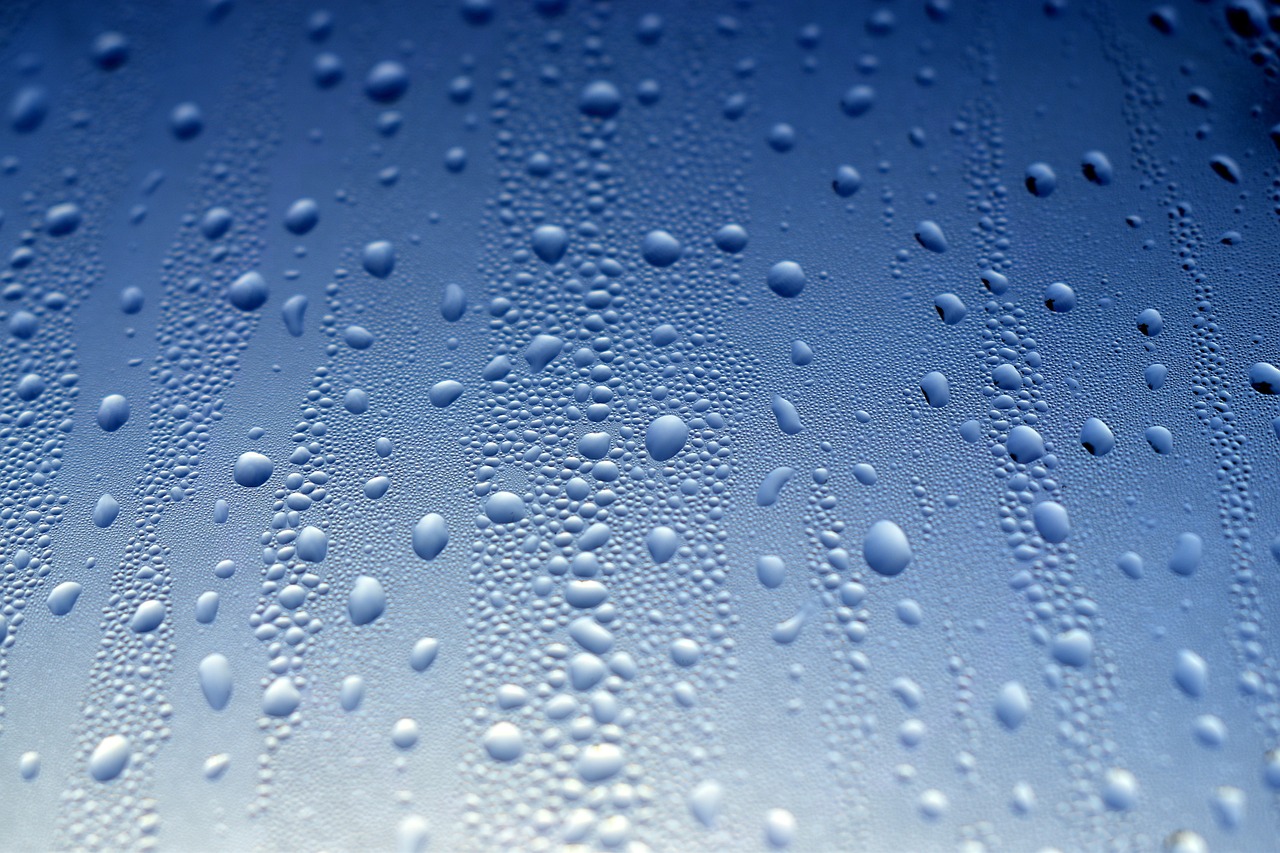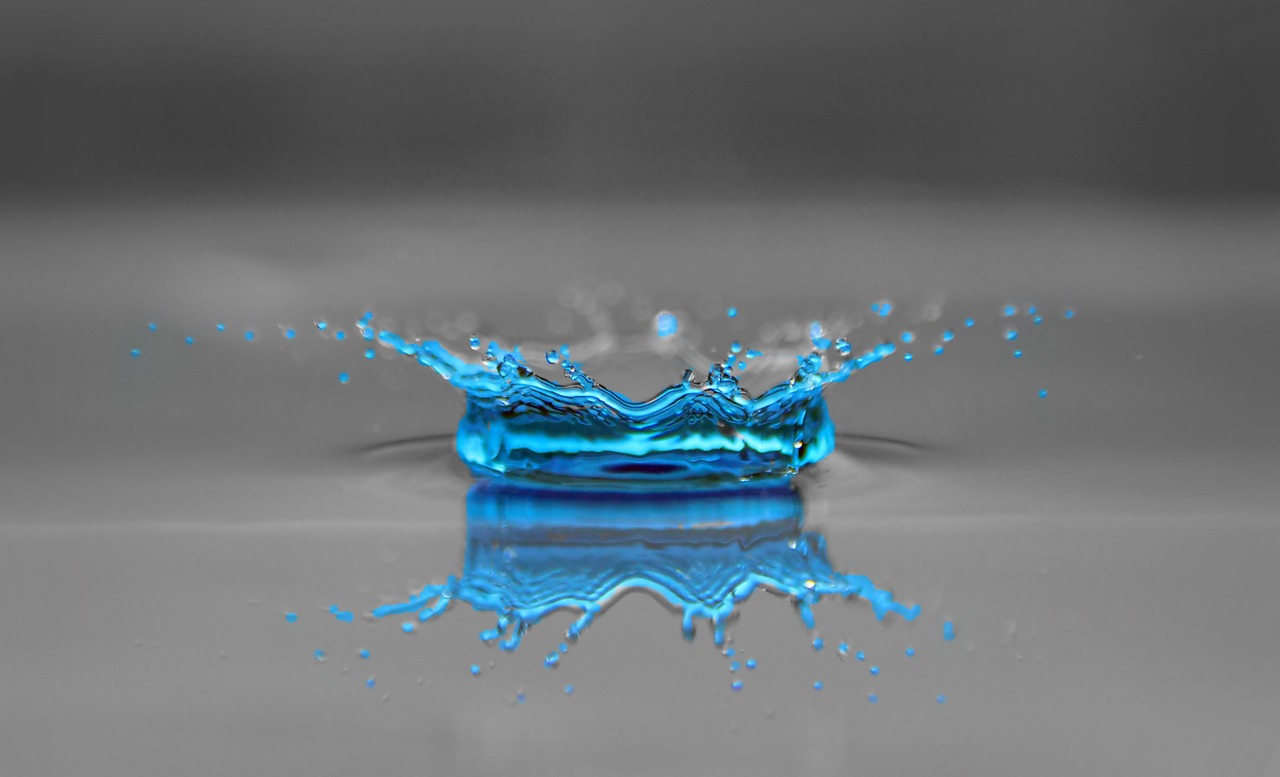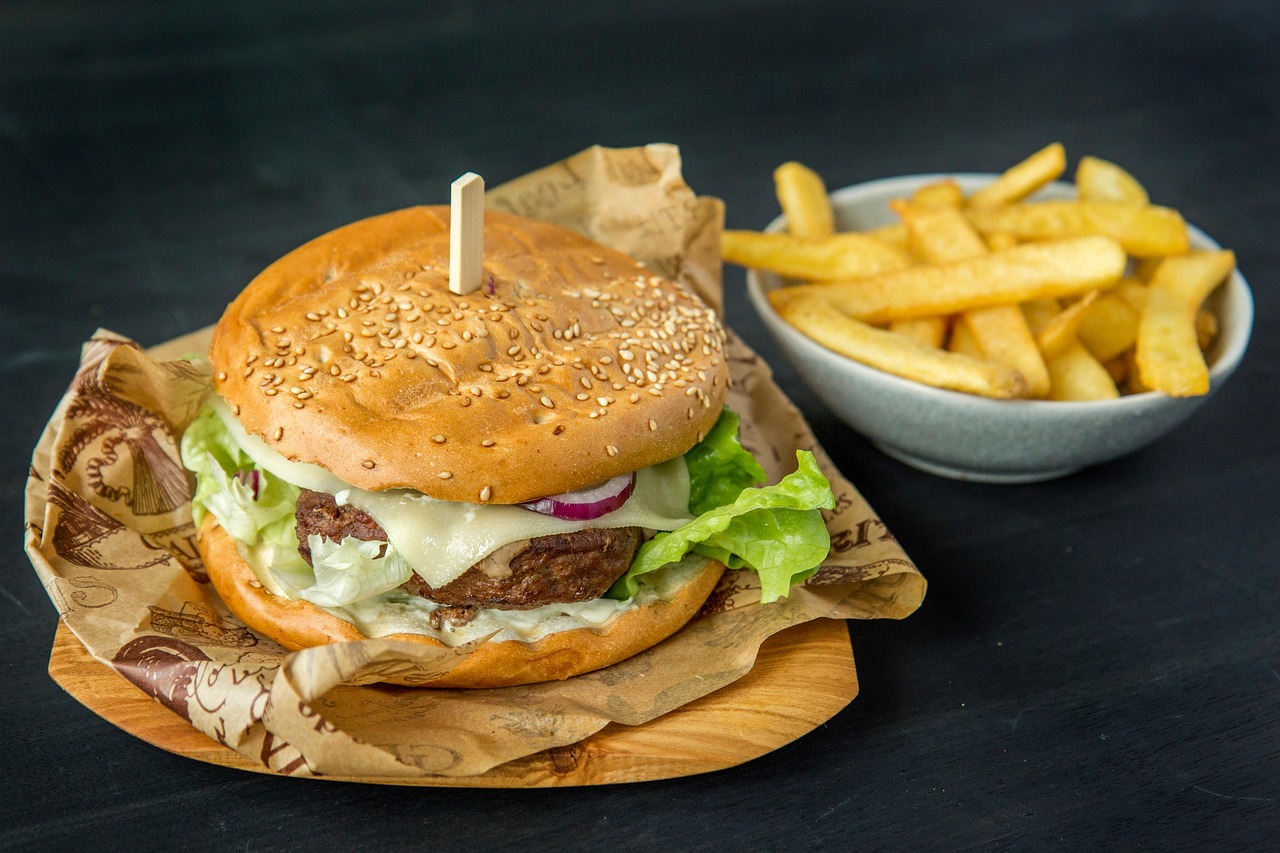This article delves into the nuances of water consumption during fasting, addressing common queries and expert opinions to help you navigate your fasting journey effectively. Understanding the role of hydration can significantly enhance your fasting experience.
Understanding Fasting: Types and Benefits
Fasting can take various forms, including intermittent fasting and prolonged fasting. Each type offers unique benefits, such as improved metabolic health, weight loss, and enhanced mental clarity. Knowing these types is essential for anyone considering a fasting regimen.
Is Water Allowed During Fasting?
One of the most common questions is whether drinking water is permissible while fasting. Experts generally agree that water intake is not only allowed but encouraged during fasting periods. Staying hydrated is vital for maintaining bodily functions.
- Hydration and Hunger Management: Sipping water can help manage hunger cravings, making it easier to adhere to fasting schedules without feeling deprived.
- Physical Benefits of Staying Hydrated: Drinking water while fasting can enhance metabolism, assist in detoxification, and support cognitive functions.
Expert Opinions on Water Consumption
Nutritionists and health experts emphasize the importance of water intake during fasting. They suggest that staying hydrated can help alleviate hunger pangs and improve overall well-being, making it an essential practice during any fasting regimen.
How Much Water Should You Drink While Fasting?
Determining the right amount of water to consume during fasting is crucial. Experts recommend aiming for at least 8 cups (64 ounces) a day, even while fasting. This guideline helps ensure adequate hydration without overconsumption.
Signs of Dehydration to Watch For:
It’s essential to recognize the signs of dehydration during fasting. Symptoms such as dizziness, fatigue, and dry mouth can indicate that you’re not drinking enough water. Staying aware of these signs can help you adjust your water intake accordingly.
Can Drinking Water Break Your Fast?
Many people wonder if drinking water will break their fast. The consensus among experts is that water does not contain calories and therefore does not break a fast. Understanding this can alleviate concerns for those new to fasting.
Understanding Caloric Intake and Fasting
Fasting typically involves abstaining from caloric intake. Since water has no calories, it is considered safe and beneficial during fasting periods. This allows individuals to maintain their fasting goals without compromising their health.
Exceptions to the Rule
While water is generally safe, some fasting protocols may have specific guidelines. For example, certain religious fasts may restrict all forms of liquids. It’s essential to understand these nuances based on your fasting approach.
Other Hydration Options During Fasting
In addition to plain water, there are other hydrating options that can be considered during fasting:
- Herbal Teas: Herbal teas can provide hydration and additional health benefits without breaking your fast. They are often low in calories and can enhance the fasting experience.
- Electrolyte Drinks: Electrolyte drinks can help replenish lost minerals during extended fasting. However, it’s crucial to choose options without added sugars or calories to maintain fasting integrity.
In conclusion, understanding the role of water during fasting is vital for anyone looking to embark on this journey. Staying hydrated not only supports physical health but also enhances your overall fasting experience.

Understanding Fasting: Types and Benefits
Understanding fasting is essential for anyone looking to improve their health, manage weight, or enhance their overall well-being. Fasting is not a new concept; it has been practiced for centuries across various cultures and religions. Today, it has gained popularity as a method for achieving various health benefits, with different forms available to suit individual preferences and lifestyles.
There are primarily two types of fasting: intermittent fasting and prolonged fasting. Each type offers unique benefits and can be tailored to fit personal health goals.
- Intermittent Fasting: This method involves cycling between periods of eating and fasting. Common approaches include the 16/8 method, where individuals fast for 16 hours and eat during an 8-hour window, and the 5:2 method, which allows normal eating five days a week and restricts calorie intake to around 500-600 calories for the other two days. This type of fasting is often praised for its simplicity and effectiveness in promoting weight loss and metabolic health.
- Prolonged Fasting: This involves abstaining from food for an extended period, usually 24 hours or more. While it can lead to significant benefits such as improved insulin sensitivity and cellular repair, it should be approached with caution, particularly for individuals with underlying health conditions. Prolonged fasting may require medical supervision to ensure safety.
Understanding the benefits of these fasting types is crucial. Research suggests that intermittent fasting can lead to weight loss, improved metabolic health, and even longevity. It encourages the body to utilize fat stores for energy, which can enhance fat loss while preserving muscle mass. Additionally, intermittent fasting has been linked to reduced inflammation and improved heart health.
On the other hand, prolonged fasting has been shown to promote autophagy, a process where the body cleans out damaged cells and regenerates new ones. This can potentially reduce the risk of chronic diseases and improve overall health. However, the psychological and physical challenges of extended fasting should not be underestimated, and individuals should prepare adequately before embarking on such a regimen.
Both fasting types can also foster a stronger relationship with food, helping individuals become more mindful eaters. By incorporating fasting into their lifestyle, many find they develop better control over their eating habits and cravings.
In conclusion, whether one chooses intermittent fasting or prolonged fasting, understanding the types and their respective benefits is essential. Each method offers unique advantages and can be tailored to meet individual health goals. As with any dietary change, it is advisable to consult with a healthcare professional to determine the best approach for your specific needs.
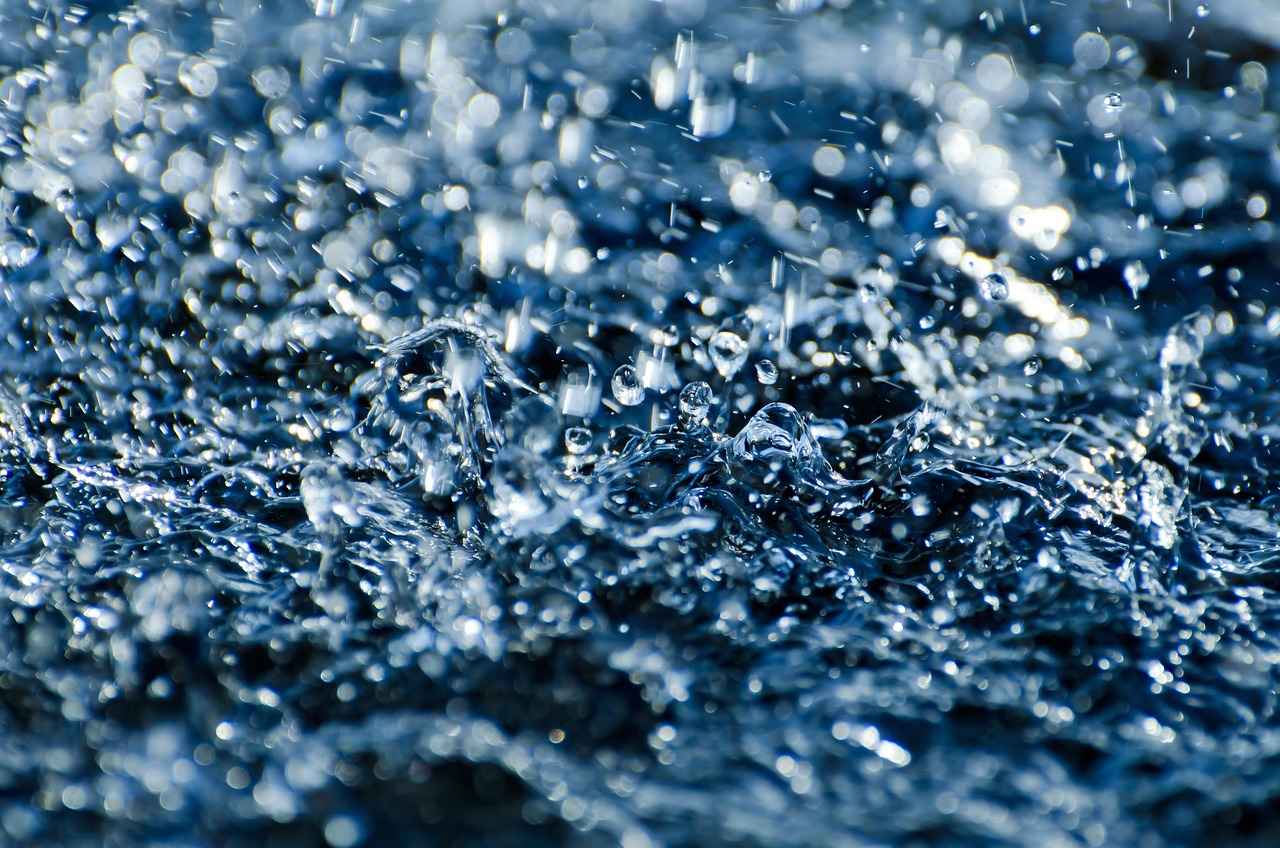
Is Water Allowed During Fasting?
When embarking on a fasting journey, one of the most frequently asked questions pertains to the consumption of water. The importance of hydration during fasting cannot be overstated, as it plays a critical role in maintaining overall health and well-being.
This question is often at the forefront of discussions surrounding fasting protocols. Experts in nutrition and health generally agree that drinking water while fasting is not only permissible but also highly encouraged. Water is essential for various bodily functions, and during fasting, it can help mitigate feelings of hunger and fatigue.
The Importance of Hydration
- Hydration is vital for maintaining bodily functions.
- It helps in alleviating hunger pangs.
- Staying hydrated can enhance cognitive functions and mood.
During fasting, the body undergoes several changes, including a shift in metabolism and energy utilization. Adequate water intake can help support these changes and promote a smoother fasting experience. Experts suggest that hydration can also assist in detoxification processes, helping the body eliminate waste products more efficiently.
Physical Benefits of Drinking Water While Fasting
- Enhanced Metabolism: Staying hydrated can boost metabolic rates, which is beneficial for those looking to lose weight.
- Improved Detoxification: Water aids the kidneys in filtering out toxins.
- Cognitive Support: Proper hydration is linked to better concentration and mental clarity.
Managing Hunger with Water
Many individuals find that sipping water can help manage cravings and make fasting more manageable. By staying hydrated, you can reduce the intensity of hunger signals, allowing for a more comfortable fasting experience.
Expert Opinions
Nutritionists and health experts emphasize the significance of water intake during fasting. They recommend drinking water regularly throughout the day, aiming for at least 8 cups (64 ounces) daily, even when fasting. This guideline helps ensure that you remain adequately hydrated without overconsuming.
Signs of Dehydration
It is crucial to recognize the signs of dehydration, especially during fasting. Symptoms such as:
- Dizziness
- Fatigue
- Dry mouth
- Headaches
These indicators suggest that you may need to increase your water intake to maintain optimal hydration levels.
Does Drinking Water Break Your Fast?
Another common concern is whether drinking water breaks a fast. The consensus among experts is that water does not contain calories and, therefore, does not break a fast. This makes it a safe option for those adhering to various fasting protocols.
Understanding Caloric Intake During Fasting
Fasting typically involves abstaining from caloric intake. Since water is calorie-free, it aligns perfectly with fasting principles. This allows individuals to hydrate without compromising their fasting goals.
Alternatives to Plain Water
While plain water is the most common choice, there are other hydrating options that can enhance your fasting experience:
- Herbal Teas: These can provide additional health benefits while remaining low in calories.
- Electrolyte Drinks: These can help replenish lost minerals during extended fasting, provided they are free from added sugars or calories.
In conclusion, staying hydrated during fasting is not just allowed; it is essential for maintaining health and enhancing the fasting experience. Water, along with herbal teas and appropriate electrolyte drinks, can support your fasting journey effectively.
The Role of Hydration in Fasting
cannot be overstated, as it serves as a cornerstone for maintaining optimal bodily functions during periods of dietary abstinence. When individuals engage in fasting, whether for health benefits or spiritual reasons, the importance of adequate hydration becomes increasingly evident.
During fasting, the body experiences a shift in its normal metabolic processes. This shift can lead to feelings of hunger and fatigue, which can be alleviated through proper hydration. Drinking water can significantly reduce hunger pangs, making it easier for individuals to adhere to their fasting schedules. This is particularly beneficial for those practicing intermittent fasting, where the fasting windows can sometimes be challenging to navigate.
Moreover, staying hydrated has profound effects on overall well-being. Water plays a vital role in maintaining bodily functions, including temperature regulation, nutrient transportation, and waste elimination. When fasting, these functions can become compromised if hydration is neglected. Thus, ensuring a consistent intake of water is essential for anyone looking to maximize the benefits of their fasting regimen.
- Enhanced Metabolism: Proper hydration can boost metabolic rates, enabling the body to burn calories more efficiently.
- Detoxification: Water aids in the removal of toxins, which can accumulate during fasting periods, promoting a cleaner and healthier system.
- Cognitive Function: Staying hydrated supports brain health, improving focus and mental clarity, which can be especially beneficial during fasting.
In addition to physical benefits, hydration plays a critical role in managing hunger. Many individuals find that sipping water throughout the day helps curb cravings and reduces the temptation to break their fast prematurely. This simple practice can significantly enhance the fasting experience, allowing individuals to feel more comfortable and less deprived.
Experts emphasize that water consumption during fasting is not only permissible but highly recommended. Nutritionists suggest that individuals should aim for at least 8 cups (64 ounces) of water daily, even when fasting. This baseline ensures that the body remains adequately hydrated, supporting all essential functions.
It’s also important to recognize the signs of dehydration, which can include dizziness, fatigue, and dry mouth. Being aware of these symptoms during fasting can help individuals take proactive measures to maintain their hydration levels. Listening to the body’s signals is crucial for a successful fasting experience.
In summary, the role of hydration in fasting is multifaceted. It not only alleviates hunger and enhances physical health but also supports mental clarity and overall well-being. By prioritizing water intake, individuals can navigate their fasting journeys with greater ease and comfort, ultimately reaping the maximum benefits of their chosen fasting protocols.
Physical Benefits of Staying Hydrated
Staying hydrated during fasting is not just a recommendation; it is a fundamental aspect that can significantly enhance your fasting experience. The are manifold, impacting everything from your metabolism to your overall well-being.
When you drink water while fasting, you are actively supporting your body’s metabolic processes. Adequate hydration can help to boost your metabolism, making it easier for your body to burn calories efficiently. This is particularly beneficial for those looking to lose weight or maintain a healthy weight during their fasting regimen.
Moreover, hydration plays a critical role in detoxification. Water is essential for flushing out toxins that accumulate in the body. During fasting, your body undergoes various processes to cleanse itself, and staying hydrated can facilitate this process. By drinking enough water, you can help your kidneys and liver function optimally, ensuring that harmful substances are eliminated effectively.
In addition to metabolic and detoxification benefits, hydration is crucial for cognitive function. Dehydration can lead to fatigue, reduced concentration, and even mood swings. By maintaining adequate water intake, you can support your brain health and improve mental clarity. This is especially important during fasting, as many individuals may experience fluctuations in energy levels and focus.
| Benefit | Description |
|---|---|
| Boosts Metabolism | Enhances calorie burning and weight management. |
| Assists Detoxification | Helps flush out toxins from the body. |
| Supports Cognitive Function | Improves focus and mental clarity. |
Furthermore, hydration can help manage hunger cravings. Many people experience hunger pangs during fasting, which can lead to discomfort and difficulty adhering to their fasting schedule. Drinking water can alleviate these sensations, making it easier to stick to your fasting plan without feeling deprived. This psychological benefit is often overlooked but is crucial for successful fasting.
It’s also important to note that the benefits of hydration extend beyond just physical health. Staying hydrated can improve your mood and energy levels, making fasting a more enjoyable experience. When your body is well-hydrated, you are less likely to experience irritability or fatigue, which can often accompany fasting.
In summary, the physical benefits of staying hydrated during fasting cannot be overstated. From enhancing metabolism and supporting detoxification to improving cognitive function and managing hunger, drinking water is essential for anyone undertaking a fasting regimen. By prioritizing hydration, you can maximize the positive effects of fasting and support your overall health.
Hydration and Hunger Management
When it comes to fasting, managing hunger cravings can be one of the most challenging aspects. Many individuals find themselves struggling with feelings of deprivation, which can lead to discomfort and difficulty sticking to their fasting schedules. However, one simple yet effective strategy to combat these cravings is through adequate hydration.
Sipping water throughout the day can significantly help in managing hunger. When you drink water, it fills your stomach, creating a sensation of fullness that can temporarily suppress your appetite. This can be particularly beneficial during fasting periods when the body is adjusting to not consuming food. By staying hydrated, you can mitigate the intense feelings of hunger that often arise, making it easier to adhere to your fasting routine.
Moreover, hydration plays a crucial role in maintaining overall health during fasting. Water is essential for various bodily functions, including digestion, metabolism, and even cognitive performance. When fasting, many individuals may experience fatigue or sluggishness, which can be alleviated by ensuring proper hydration. Drinking water not only helps in reducing hunger pangs but also boosts energy levels, allowing you to feel more alert and focused.
Another important aspect to consider is the psychological effect of hydration on hunger. Often, our bodies misinterpret thirst as hunger. By drinking water regularly, you can help distinguish between true hunger and thirst, reducing unnecessary snacking and overeating. This understanding can empower you to make better choices during fasting, leading to a more successful experience.
It’s also worth noting that the temperature of the water can influence hunger management. Some studies suggest that drinking cold water can temporarily boost metabolism, as the body expends energy to warm it up. Conversely, warm water can be soothing and may help in digestion, further supporting your fasting journey.
In addition to water, incorporating other hydrating options can also be beneficial. Herbal teas, for instance, are a great alternative that can provide flavor without calories. They can be enjoyed hot or cold and come in various types, each offering unique health benefits. Some herbal teas, like peppermint or ginger, can also aid digestion and help manage cravings effectively.
Furthermore, electrolyte drinks can be considered during extended fasting periods. These beverages help replenish essential minerals lost during fasting, although it is crucial to choose options that are free from added sugars or calories. This way, you can maintain the integrity of your fast while still supporting your body’s hydration needs.
In summary, staying hydrated is a vital component of successfully managing hunger during fasting. By sipping water regularly, you not only help to curb cravings but also support your overall health and well-being. Whether through plain water, herbal teas, or electrolyte drinks, maintaining proper hydration can enhance your fasting experience, making it a more comfortable and sustainable practice.
Expert Opinions on Water Consumption
When it comes to fasting, one of the most frequently asked questions is about water consumption. Many individuals wonder if they can drink water while fasting, and what health experts have to say about it. Nutritionists and health experts emphasize the critical role of water intake during fasting, highlighting its numerous benefits for both physical and mental health.
According to nutritionists, staying hydrated is essential during fasting. Water is not only a basic necessity for human survival, but it also plays a vital role in enhancing the fasting experience. Experts agree that hydration can significantly impact how individuals feel during fasting periods.
- Enhancing Metabolism: Water helps in boosting metabolism, which can aid in weight loss. A well-hydrated body can burn calories more efficiently.
- Detoxification: Drinking water supports the body’s natural detoxification processes, flushing out toxins that may accumulate during fasting.
- Cognitive Function: Proper hydration is linked to improved cognitive functions. This is particularly important during fasting when mental clarity is often desired.
Moreover, hydration can help alleviate common issues associated with fasting, such as headaches and fatigue. Experts suggest that drinking water can help manage hunger pangs, making the fasting experience more tolerable. This is crucial for those who are new to fasting and may struggle with cravings.
In terms of mental health, staying hydrated can improve mood and reduce irritability. Many individuals report feeling more focused and less anxious when they maintain adequate water intake during fasting. Nutritionists highlight that the physical and psychological benefits of hydration can create a more positive fasting experience.
While the exact amount of water needed can vary from person to person, experts recommend aiming for at least 8 cups (64 ounces) of water daily, even while fasting. This guideline helps ensure that individuals remain adequately hydrated throughout the fasting period.
- Listen to Your Body: It’s essential to pay attention to your body’s signals. Thirst is an obvious indicator, but also watch for signs of dehydration, such as dizziness or fatigue.
- Adjust Based on Activity Level: If you are physically active during your fasting period, you may need to increase your water intake to compensate for fluid loss.
Experts also caution against overconsumption of water, which can lead to a rare but serious condition known as water intoxication. Moderation is key, and individuals should find a balance that works for their own bodies.
Another common concern is whether drinking water breaks a fast. The consensus among health experts is that water does not contain calories, and therefore does not break a fast. This makes it a safe option for those who are fasting, allowing them to stay hydrated without compromising their fasting goals.
In summary, nutritionists and health experts unanimously agree on the importance of water intake during fasting. Staying hydrated not only supports physical health but also enhances mental clarity and emotional well-being. By understanding the benefits of hydration, individuals can navigate their fasting journeys more effectively and enjoy a healthier lifestyle.
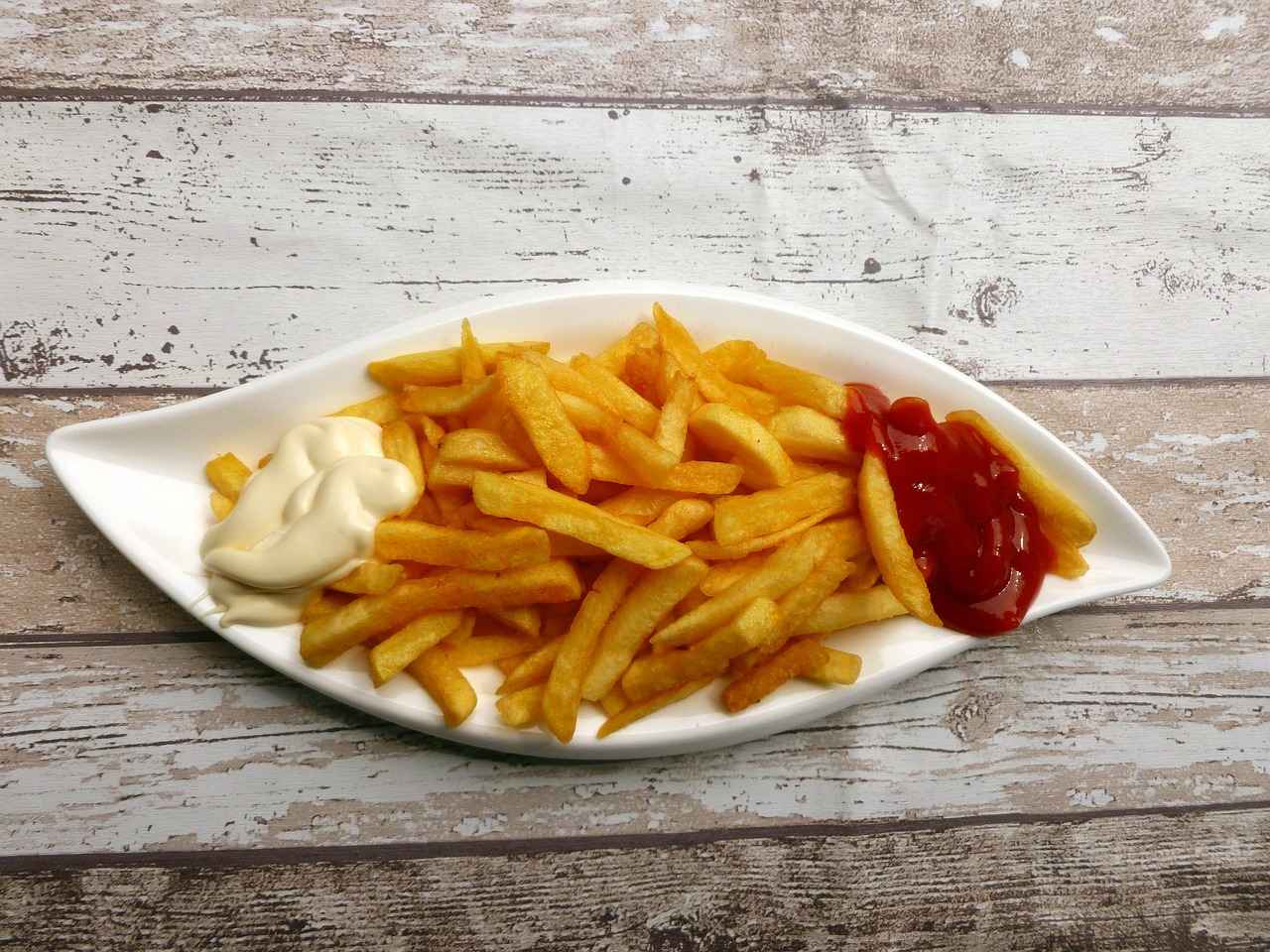
How Much Water Should You Drink While Fasting?
When it comes to fasting, understanding how much water to drink is of paramount importance. Fasting can be a powerful tool for health and wellness, but staying hydrated is crucial to reaping its benefits. Experts suggest that while fasting, individuals should prioritize water intake to support their body’s needs without risking overconsumption.
During fasting, the body’s demand for water may increase due to the absence of food. This makes it essential to establish a clear guideline for water consumption. A common recommendation is to aim for at least 8 cups (64 ounces) of water daily, but this can vary based on factors such as activity level, climate, and individual health conditions.
- Body Weight: Heavier individuals may require more water to stay hydrated.
- Activity Level: Increased physical activity can lead to higher fluid loss through sweat.
- Climate: Hot and humid conditions can elevate hydration needs.
- Health Status: Certain health conditions may influence hydration requirements.
It is also crucial to listen to your body. Signs of dehydration can manifest as fatigue, dizziness, or dry mouth. Monitoring these symptoms can help you adjust your water intake accordingly. If you experience any of these signs, it may be necessary to increase your fluid consumption to maintain optimal hydration levels.
In addition to plain water, there are various strategies to enhance hydration during fasting:
- Electrolyte Drinks: These can help replenish essential minerals lost during extended fasting. Opt for options without added sugars or calories.
- Herbal Teas: These provide hydration and can add variety to your fluid intake without breaking your fast.
- Infused Water: Adding slices of fruits or herbs to your water can make hydration more enjoyable while keeping calories in check.
While the general guideline of 8 cups serves as a good starting point, personal adjustments are often necessary. The key is to find a balance that works for you, ensuring that you remain hydrated without feeling overwhelmed by excessive fluid intake.
In conclusion, understanding your hydration needs during fasting is essential for both physical and mental well-being. By paying attention to your body’s signals and incorporating various hydration strategies, you can effectively navigate your fasting journey while maintaining optimal health.
Daily Water Intake Guidelines
Staying properly hydrated is essential for overall health, and this becomes even more critical during fasting periods. Understanding can help individuals maintain their well-being while adhering to their fasting routines.
The recommended daily water intake varies significantly among individuals due to factors such as age, gender, activity level, and overall health. However, a commonly accepted guideline is to aim for at least 8 cups (64 ounces) of water per day. This recommendation holds true even during fasting periods, where maintaining hydration is crucial for optimal bodily function.
While the “8 cups a day” rule serves as a helpful benchmark, it is important to listen to your body’s unique needs. For instance, individuals who engage in regular physical activity or live in hot climates may require more fluid intake. Additionally, those who consume a diet rich in fruits and vegetables may naturally receive some hydration from their food. Below is a simple table outlining various factors that can influence water needs:
| Factor | Influence on Water Intake |
|---|---|
| Age | Older adults may require more water due to decreased thirst sensitivity. |
| Gender | Men typically need more water than women due to higher muscle mass. |
| Activity Level | Increased physical activity leads to greater fluid loss and higher water needs. |
| Climate | Hot or humid climates increase sweat production, necessitating more water intake. |
| Diet | High-sodium or high-protein diets may require additional water for proper digestion. |
During fasting, it is vital to monitor for signs of dehydration. Symptoms may include:
- Dizziness
- Fatigue
- Dry mouth
- Dark-colored urine
- Headaches
If you experience any of these symptoms, it is essential to increase your water intake promptly. Staying ahead of dehydration can significantly enhance your fasting experience and overall health.
Many individuals wonder whether drinking water will break their fast. The consensus among health experts is that water does not break a fast since it contains no calories. This makes it a safe and beneficial choice during fasting periods, allowing individuals to stay hydrated without interfering with their fasting goals.
While plain water is the most straightforward option, there are other hydrating alternatives that can enhance your fasting experience:
- Herbal Teas: Naturally caffeine-free herbal teas can provide hydration and additional health benefits without breaking your fast.
- Electrolyte Drinks: These can help replenish lost minerals during extended fasting. However, it is essential to choose options that are free from added sugars or calories.
In conclusion, understanding daily water intake guidelines is crucial for anyone engaging in fasting. By aiming for at least 8 cups of water daily and being mindful of hydration, individuals can support their health and well-being throughout their fasting journey.
Signs of Dehydration to Watch For
Understanding the signs of dehydration is crucial, especially during fasting periods when the body may not receive its usual intake of fluids. Dehydration can lead to various health complications, making it vital to recognize the early symptoms. Here, we explore some common signs that indicate you may not be drinking enough water while fasting.
- Dizziness: One of the most noticeable symptoms, dizziness can occur when your body lacks adequate hydration. This can be particularly concerning during fasting, as it may affect your ability to concentrate and perform daily tasks.
- Fatigue: Feeling unusually tired or lethargic is another common sign of dehydration. Water is essential for maintaining energy levels, and a lack of it can lead to feelings of exhaustion.
- Dry Mouth and Thirst: A dry mouth is often the first physical indication of dehydration. If you find yourself frequently feeling thirsty, it’s a signal that your body needs more fluids.
- Dark Urine: Monitoring the color of your urine can provide insights into your hydration status. Dark yellow or amber urine typically indicates dehydration, while light yellow urine suggests proper hydration.
- Headaches: Dehydration can lead to headaches or migraines. This is due to the brain temporarily shrinking from fluid loss, causing pain and discomfort.
- Constipation: Insufficient water intake can lead to digestive issues, including constipation. Staying hydrated helps keep the digestive system functioning smoothly.
- Rapid Heartbeat: In severe cases of dehydration, a rapid or increased heart rate may occur as your body tries to maintain blood flow despite reduced fluid levels.
It’s important to note that these symptoms can vary in intensity based on individual factors such as age, activity level, and overall health. Therefore, being proactive about hydration during fasting is essential. Here are some tips to ensure you stay hydrated:
- Set Reminders: Use alarms or apps to remind you to drink water regularly.
- Drink Before You Feel Thirsty: Make it a habit to drink water at regular intervals, even if you don’t feel thirsty.
- Infuse Your Water: Adding fruits or herbs to your water can enhance flavor and encourage you to drink more.
In conclusion, recognizing the signs of dehydration is vital for anyone, especially those who are fasting. By staying vigilant and ensuring adequate water intake, you can support your body’s functions and improve your overall fasting experience.

Can Drinking Water Break Your Fast?
Many individuals embarking on a fasting journey often question the impact of drinking water on their fasting status. This inquiry is prevalent, and understanding the relationship between water consumption and fasting is crucial for anyone looking to optimize their experience.
Fasting is a practice that can take various forms, including intermittent fasting, prolonged fasting, and more. Each type has unique rules and benefits, but one common thread is the need to maintain hydration. The question arises: does drinking water break your fast?
Experts generally agree that drinking water does not break a fast. This consensus stems from the fact that water contains no calories, which means it does not trigger the metabolic processes that fasting aims to suppress. Thus, consuming water can be seen as a supportive action rather than a hindrance to the fasting process.
Staying hydrated is essential for overall health, especially during fasting periods. Proper hydration can:
- Alleviate Hunger Pangs: Drinking water can help mitigate feelings of hunger, making it easier to adhere to fasting schedules.
- Support Bodily Functions: Water plays a vital role in digestion, nutrient absorption, and temperature regulation.
- Enhance Mental Clarity: Staying hydrated can improve cognitive functions, helping you stay focused during fasting.
Determining the right amount of water to consume is crucial. While individual needs may vary, a general guideline suggests aiming for at least 8 cups (64 ounces) of water daily, even during fasting periods. This ensures adequate hydration without the risk of overconsumption.
During fasting, it’s essential to be aware of dehydration symptoms, which may include:
- Dizziness
- Fatigue
- Dry mouth
If you experience these symptoms, it may indicate that you need to increase your water intake.
While water is generally safe, certain fasting protocols may have specific guidelines. For instance, some religious fasts may restrict all forms of liquid consumption. Therefore, it’s vital to understand the rules of your particular fasting regimen.
In addition to plain water, there are other hydrating options to consider:
- Herbal Teas: These can provide hydration and additional health benefits without breaking your fast, as they are often low in calories.
- Electrolyte Drinks: These drinks can help replenish lost minerals during extended fasting. However, it’s important to choose options without added sugars or calories.
In summary, drinking water is not only permissible during fasting but is also encouraged by health experts. It supports hydration, aids in managing hunger, and enhances overall well-being. As you navigate your fasting journey, remember to listen to your body and adjust your water intake as needed. Staying informed and hydrated can significantly improve your fasting experience.
Understanding Caloric Intake and Fasting
Fasting is a practice that has gained significant attention in recent years, with many individuals adopting various fasting methods for health benefits. One fundamental aspect of fasting is the concept of caloric intake. Understanding how caloric consumption plays a role during fasting is essential for anyone looking to maximize the benefits of their fasting regimen.
At its core, fasting typically involves a period of abstaining from food, which means refraining from consuming any calories. This is where the importance of understanding caloric intake comes into play. When people fast, they aim to trigger certain physiological processes that can lead to improved health outcomes, including weight loss, enhanced metabolic health, and even cellular repair.
One of the most common questions that arise in discussions about fasting is: Does drinking water break a fast? The consensus among nutritionists and health experts is that water is considered a zero-calorie beverage. Therefore, consuming water does not interfere with the fasting state. In fact, water is highly encouraged during fasting periods as it helps maintain hydration and supports various bodily functions.
Hydration is crucial during fasting, as it aids in regulating body temperature, maintaining electrolyte balance, and supporting digestion. Staying hydrated can also help alleviate feelings of hunger, making it easier to adhere to the fasting schedule without discomfort. Many individuals report that sipping on water throughout the day can significantly reduce cravings and improve their overall fasting experience.
Moreover, the physical benefits of staying hydrated during fasting are well-documented. Drinking water can enhance metabolism, assist in detoxification processes, and support cognitive functions. These benefits make hydration an essential practice for anyone engaging in fasting, whether intermittent or prolonged.
When considering how much water to drink while fasting, experts generally recommend aiming for at least 8 cups (64 ounces) of water daily. However, individual needs may vary based on factors such as activity level, climate, and overall health. It’s essential to listen to your body and adjust your water intake accordingly.
Additionally, being aware of the signs of dehydration is vital during fasting. Symptoms such as dizziness, fatigue, dry mouth, and dark-colored urine may indicate that you’re not consuming enough water. Staying vigilant about your hydration status can help you avoid these unpleasant experiences and ensure a successful fasting journey.
While water is the primary choice for hydration during fasting, there are other options available. Herbal teas, for instance, can provide a flavorful alternative while still being low in calories. They not only hydrate but may also offer additional health benefits, such as antioxidants and anti-inflammatory properties. Just be sure to choose varieties that do not contain added sugars or calories.
Another option is electrolyte drinks, which can be beneficial during extended fasting. These drinks help replenish essential minerals lost during periods without food. However, it is crucial to select electrolyte beverages that are free from added sugars or calories to maintain the integrity of your fast.
In summary, understanding caloric intake is a critical component of fasting. By recognizing that water has no calories and is beneficial during fasting periods, individuals can enhance their fasting experience while reaping the numerous health benefits associated with this practice. Staying hydrated not only supports physical health but also helps manage hunger, making it a vital aspect of any fasting regimen.
Exceptions to the Rule
When it comes to fasting, many individuals often overlook the nuances associated with water consumption. While the general consensus is that drinking water is safe and even beneficial, there are specific fasting protocols that may impose certain guidelines. Understanding these exceptions is crucial for anyone embarking on a fasting journey.
Specific Fasting Protocols and Their Guidelines
Different fasting methods come with their own set of rules. For example, intermittent fasting typically allows for water intake without restrictions, promoting hydration throughout the fasting window. However, methods like the water fast may have stricter guidelines, where only water is permitted, and no other beverages or foods are allowed. This distinction is essential for maintaining the integrity of the fast.
Religious and Spiritual Fasting
Many religious fasting practices, such as Ramadan, also have specific rules regarding water consumption. During daylight hours, participants abstain from all food and drink, including water. Understanding these guidelines is crucial for adherents to ensure they are following their spiritual commitments while also considering their hydration needs.
Medical Fasting Protocols
In some medical contexts, such as pre-operative fasting, patients are often advised to limit water intake to avoid complications during anesthesia. This is a notable exception where hydration must be balanced with medical advice. Always consult with a healthcare provider to clarify any restrictions related to fasting, especially in medical settings.
Listening to Your Body
Regardless of the fasting method you choose, it is vital to listen to your body. Signs of dehydration, such as dizziness, dry mouth, and fatigue, should not be ignored. If you feel any of these symptoms, it may be necessary to adjust your water intake, even if it means breaking from a strict fasting protocol.
Consulting Experts
Nutritionists and healthcare professionals often emphasize the importance of personalized hydration strategies. They can provide tailored advice based on individual health needs, fasting goals, and lifestyle factors. This expert guidance can help navigate the complexities of fasting while ensuring that hydration remains a priority.
Conclusion
In summary, while water is generally safe and encouraged during most fasting protocols, it is essential to recognize the exceptions that may apply. From specific fasting regimens to religious practices and medical advice, understanding these nuances can significantly impact your fasting experience. Always prioritize your health and consult with professionals when in doubt.
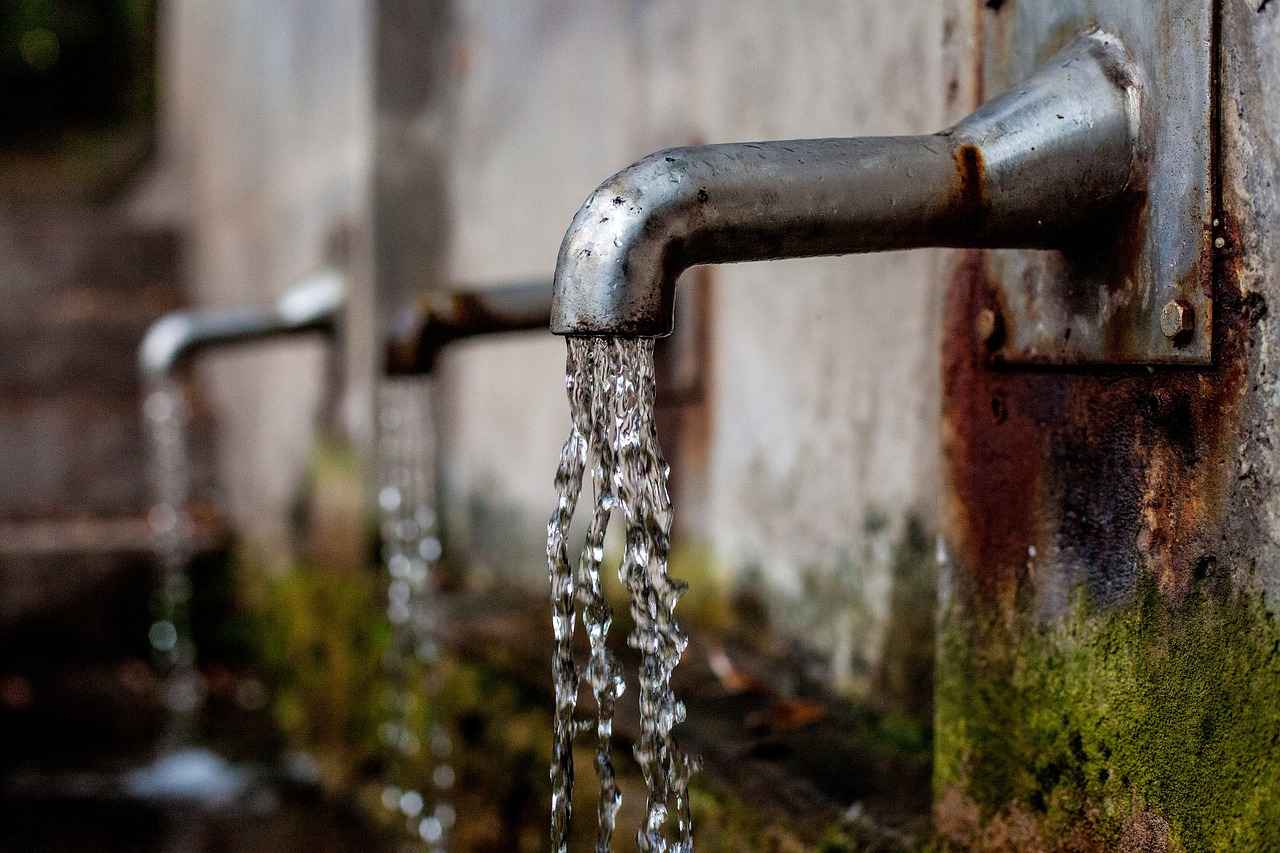
Other Hydration Options During Fasting
When it comes to fasting, hydration is a crucial aspect that cannot be overlooked. While plain water is the most commonly recommended beverage during fasting, there are several other hydrating options that can enhance your fasting experience. These alternatives not only help maintain hydration levels but can also provide additional health benefits.
Herbal teas are an excellent choice for those looking to diversify their hydration options. These teas are typically low in calories and can be enjoyed hot or cold. Some popular herbal teas include:
- Chamomile: Known for its calming effects, chamomile tea can help reduce stress during fasting.
- Peppermint: This invigorating tea can aid digestion and may help alleviate cravings.
- Rooibos: Rich in antioxidants, rooibos tea can provide a flavorful alternative without adding calories.
In addition to hydration, herbal teas can offer various health benefits, such as improved digestion and enhanced relaxation, making them a perfect companion during fasting periods.
During extended fasting, especially in hot weather or after intense workouts, electrolyte drinks can be beneficial. These drinks help replenish essential minerals such as sodium, potassium, and magnesium that may be lost through sweat. However, it’s important to choose options that are free from added sugars and calories to maintain the integrity of your fast. Look for:
- Electrolyte powders: These can be mixed with water and are often low in calories.
- Natural electrolyte drinks: Brands that use coconut water or other natural sources can provide hydration without unwanted additives.
Staying balanced is vital during fasting, and incorporating electrolyte drinks can help maintain energy levels and prevent fatigue.
If plain water feels monotonous, consider infused water. Adding slices of fruits, vegetables, or herbs can create a refreshing beverage that enhances your hydration experience. Some popular combinations include:
- Cucumber and mint: This combination is refreshing and can help cool you down.
- Lemon and ginger: A zesty mix that can boost your metabolism and aid digestion.
- Berries and basil: This fruity infusion is not only delicious but also packed with antioxidants.
Infused water can make hydration enjoyable and help you meet your daily fluid intake goals while fasting.
For those who are open to consuming very low-calorie options during fasting, bone broth can be an excellent choice. Rich in nutrients and electrolytes, bone broth provides hydration along with beneficial compounds such as collagen and amino acids. It can help:
- Support joint health
- Enhance gut health
- Provide a sense of fullness, which may help manage hunger cravings
Bone broth is especially beneficial during prolonged fasting or when recovering from illness, as it offers nourishment without significantly impacting your fasting state.
In summary, while plain water is essential during fasting, incorporating other hydrating options like herbal teas, electrolyte drinks, infused water, and bone broth can enhance your fasting experience. These alternatives not only keep you hydrated but also provide additional health benefits, making your fasting journey more enjoyable and effective. Remember, the key to successful fasting is to listen to your body and choose hydration options that align with your goals and preferences.
Herbal Teas: A Refreshing Alternative
When it comes to fasting, many individuals seek ways to enhance their experience while maintaining their health. One such option is herbal teas, which can serve as a delightful and beneficial addition to your fasting routine. Unlike traditional teas or coffees, herbal teas are typically caffeine-free and come in a variety of flavors, making them a versatile choice for hydration.
Hydration and Health Benefits
Herbal teas are not only a means of hydration but also offer numerous health benefits that can complement your fasting journey. Many herbal teas are rich in antioxidants, which can help combat oxidative stress in the body. For instance, chamomile tea is known for its calming properties, while peppermint tea can aid digestion. By incorporating these teas, you can enhance your overall well-being without consuming calories.
Low-Calorie Options
One of the best aspects of herbal teas is that they are often low in calories, making them an ideal choice for those who are fasting. Most herbal teas contain negligible calories, allowing you to enjoy a flavorful beverage without breaking your fast. This is particularly beneficial for individuals practicing intermittent fasting, where maintaining a low caloric intake is crucial for achieving desired results.
Enhancing the Fasting Experience
Drinking herbal teas during fasting can significantly enhance the overall experience. The act of sipping a warm or cold herbal tea can provide a sense of comfort and satisfaction, helping to alleviate feelings of deprivation that some may experience while fasting. Additionally, the variety of flavors available can keep your palate engaged, making fasting feel less monotonous.
Popular Herbal Tea Choices
- Ginger Tea: Known for its anti-inflammatory properties, ginger tea can also help with nausea and digestive issues.
- Rooibos Tea: This naturally caffeine-free tea is rich in antioxidants and can promote heart health.
- Hibiscus Tea: With its tart flavor, hibiscus tea may help lower blood pressure and is rich in vitamin C.
- Green Tea: Although not technically herbal, green tea is low in calories and packed with antioxidants, making it a great addition.
How to Prepare Herbal Teas
Preparing herbal tea is simple and can be tailored to your taste preferences. Here’s a quick guide:
1. Boil water (about 8 ounces).2. Add 1-2 teaspoons of dried herbal tea or a tea bag.3. Steep for 5-10 minutes, depending on desired strength.4. Strain (if using loose herbs) and enjoy hot or cold.
Conclusion
Incorporating herbal teas into your fasting regimen can provide hydration and a host of health benefits without breaking your fast. They are a low-calorie, flavorful alternative that can enhance your fasting experience, making it more enjoyable and sustainable. So, the next time you embark on a fasting journey, consider adding herbal teas to your routine for a refreshing twist.
Electrolyte Drinks and Their Role
Electrolyte drinks have gained popularity, particularly among those engaging in extended fasting or rigorous physical activities. These beverages are designed to replenish essential minerals lost through sweat and bodily functions, making them a valuable addition to your hydration strategy during fasting periods. However, it is important to choose the right type of electrolyte drink to maintain the integrity of your fasting regimen.
Understanding Electrolytes
Electrolytes are minerals in your body that carry an electric charge, playing a crucial role in various physiological functions. Key electrolytes include sodium, potassium, calcium, and magnesium. During fasting, especially prolonged fasting, your body may deplete these minerals, leading to symptoms like fatigue, dizziness, and muscle cramps. Thus, replenishing these electrolytes becomes essential to maintain optimal health.
The Importance of Choosing the Right Electrolyte Drink
When selecting an electrolyte drink for fasting, it is vital to avoid those with added sugars or calories. Consuming sugary drinks can interfere with the fasting process, as they introduce calories that can break your fast. Instead, look for options that are:
- Zero-calorie or low-calorie
- Free from added sugars
- Rich in essential electrolytes
Benefits of Electrolyte Drinks During Fasting
Incorporating electrolyte drinks into your fasting routine can offer several benefits:
- Enhanced Hydration: Electrolyte drinks can help maintain fluid balance, ensuring that your body remains hydrated even when you are not consuming food.
- Reduced Fatigue: Replenishing lost minerals can combat feelings of fatigue and lethargy, making it easier to adhere to your fasting schedule.
- Improved Muscle Function: Adequate electrolyte levels support muscle function and prevent cramps, especially during intense workouts.
Alternatives to Traditional Electrolyte Drinks
If you’re looking for alternatives to commercial electrolyte drinks, consider natural sources. For instance:
- Coconut Water: A natural source of electrolytes, coconut water is low in calories and offers a refreshing taste.
- Homemade Electrolyte Solutions: You can create your own electrolyte drink by mixing water with a pinch of salt and a splash of lemon juice.
Listening to Your Body
While electrolyte drinks can be beneficial, it’s essential to listen to your body. Pay attention to how you feel during your fasting periods. If you experience symptoms of dehydration or fatigue, it may be time to incorporate an electrolyte drink. Always consult with a healthcare professional if you have specific health concerns or conditions that may affect your hydration needs.
In summary, electrolyte drinks can play a significant role in replenishing lost minerals during extended fasting. By choosing options without added sugars or calories, you can maintain the integrity of your fast while supporting your body’s needs. Always prioritize hydration and consider the benefits of electrolytes to enhance your fasting experience.
Frequently Asked Questions
- Can I drink water while fasting?
Absolutely! Drinking water is not only allowed but highly encouraged during fasting. It helps keep you hydrated and can even alleviate hunger pangs.
- How much water should I drink while fasting?
Experts suggest aiming for at least 8 cups (64 ounces) of water a day, even while fasting. Adjust based on your activity level and individual needs.
- Does drinking water break my fast?
Nope! Water has no calories, so it won’t break your fast. It’s a great way to stay hydrated without interfering with your fasting goals.
- What are the signs of dehydration during fasting?
Watch out for symptoms like dizziness, fatigue, and dry mouth. If you notice these, it might be time to drink more water!
- Are there other drinks I can have while fasting?
Yes! Herbal teas and electrolyte drinks can be good options. Just make sure they are low in calories and sugar to maintain your fast.

